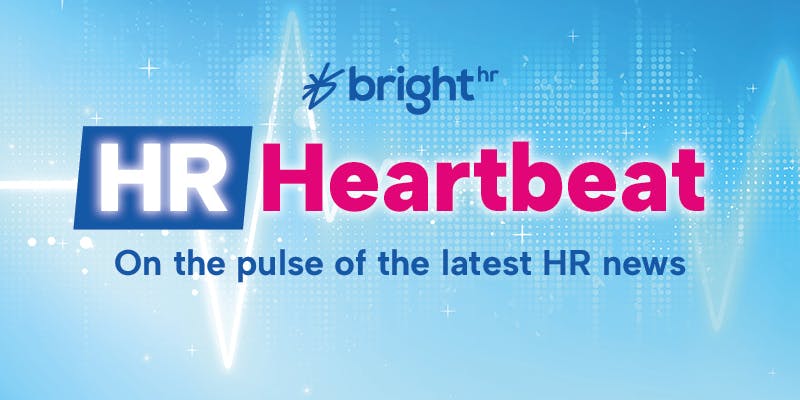First published on Tuesday, May 16, 2023
Last updated on Tuesday, May 16, 2023
Have you heard the latest news?
Welcome to HR Heartbeat, where we give you a rundown of the week's top employment law stories. Stay on the pulse of current trends impacting your business. Plus get up-to-the-minute commentary on all things HR and legal.
So, let's check out this week's headlines...
Prepare for blazing weather
British Columbia recently released a statement encouraging employers to prepare for climate-related hazards. As we approach the warmer months, employers should prepare for the possibility of wildfires and floods. If the weather last year gives us any clues, it’s that these natural disasters are becoming more and more common.
As floods and fires can bring new hazards into once safe workplaces, you should always assess hazards before entering a building or site and ensure workers have the appropriate Personal Protective Equipment (PPE) to do their jobs.
Aside from protective gear, checking building structure, electrical hazards, carbon monoxide, contaminated water, mold, and asbestos (in structures built before 1990) is essential as they're all potential workplace risks associated with flooding.
To top it off, wildfires introduce ash, soot, dust, and set fire to flammable substances, which could all lead to worker injury, illness, or death. If you operate in an industry where such emergencies are common, you should have a well-rounded health & safety plan in place. Having a plan will make sure you're ready to handle unsafe working conditions that may result from unexpected and extreme weather events.
After almost a decade, Alberta civil claims limits get a raise
For the first time in nine years, Alberta's government is increasing the civil claims limit from $50,000.00 to $100,000.00. The change will come into effect on August 1, 2023. Increasing the limit allows more Albertans to file claims in the Alberta Court of Justice (also called the "small claims" court). This court uses simpler and more cost-effective measures, making it more attractive than other courts.
This decision gives more people the option to settle disputes faster. Good news for employers, as settling disputes quicker allows them to *focus their time and resources on core operations and growing their business. *
As an employer in this province, you can expect to see a rush of wrongful dismissal cases once the new claims limit comes into effect later this summer. To prepare for this, employers should make sure they have valid termination provisions in all employee contracts.
Find out more about the terms of employment you need to outline in your employee contracts.
Pay up or pay the price!
Recently, a construction company operating in Saskatoon pled guilty to violating four counts under The Saskatchewan Employment Act. The construction company and their corporate director were charged under the Act for not paying wages within 14 days of the end of employment.
As a result of these charges, the Court fined the company $2,000.00 plus an $800.00 victim surcharge on each of the four counts, for a total amount of *$11,200.00. *
Employers should conduct HR audits often to be sure they're in line with the applicable employment standards laws in their jurisdiction. All employers should review their current practices like pay rates, overtime, vacation, work hours and termination procedures to reduce the risk of a Ministry of Labour or legal claim.
Get lightning-fast answers to your questions on termination procedures.
That's it for today! Come back next week for more HR news so you stay ahead of major employment law changes.






